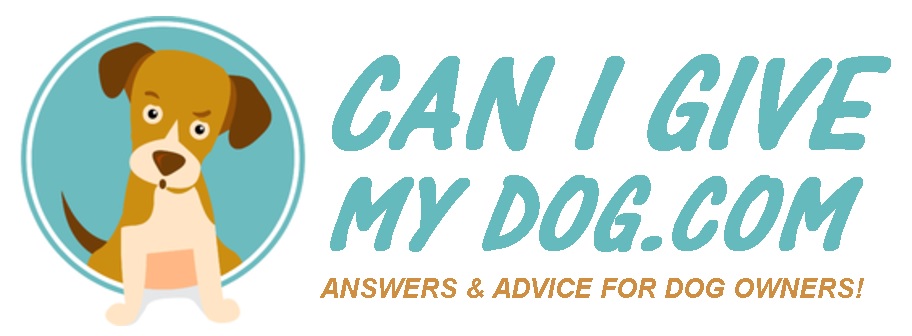Can Singulair be given to dogs?
Obviously pets also experience allergies, even asthma or bronchitis. But there isn’t a well-documented track record when it comes to animals taking this drug, generic name Montelukast.
 Here’s the deal:
Here’s the deal:
While Singulair theoretically works for dogs, it is necessary to involve a veterinarian for safe and effective treatment.
Go it alone and this prescription medication could be a bad idea. Side effects are a real concern, some of which can be serious.
Get Vet Approval Before Giving Your Dog Singulair
Though it’s not commonly used, Montelukast can actually be obtained in flavored oral suspension form for asthmatic dogs.
What’s a Typical Dose For Dogs?
Veterinarians, those who utilize Singulair, usually do not exceed 4mg per pound of the dog’s body weight.
Warning: Administering a leftover supply would be the wrong thing to do.
Side Effects Linked to Singulair
Your dog could suffer from the following due to misuse:
- Depression
- Aggression
- Anxiousness
- Restlessness
- Seizures
- Jaundice (a sign of liver damage)
More common Singulair reactions include:
- Diarrhea
- Vomiting
- Nausea
- Lethargy or sleepiness
- Headache (obviously your buddy cannot tell you)
- Loss of appetite
- Lack of coordination
- Excessive salivation
It cannot be stressed enough:
Consult with a professional before using any type of Montelukast on your dog.
Usually Not The Best Option
This Leukotriene Receptor Antagonist (LTRA) is not a popular medication for pets. Again, some vets do give Singulair to dogs with bronchitis and/or severe allergic reactions though most do not.
We asked Dr. Sara Redding Ochoa from Whitehouse Veterinary Hospital for her thoughts and she said…
“There are better medications for allergies including OTC drugs such as Benadryl, Zyrtec and Claritin. Prescription allergy meds to look into would be Apoquel or Prednisone. I have, personally, never used Singulair on a dog.”
Does your canine already have a prescription?
Be sure to follow your vet’s instructions and contact them ASAP following any alarming changes. They may reduce the dosage or discontinue the medication completely.
Accidental Canine Consumption
A single Singulair tablet typically isn’t a huge problem unless you have a really small pup. Most fully grown dogs won’t exhibit severe symptoms.
If, after six hours, your dog is acting normal then you likely have nothing to worry about — time would then be on your side and the effects, if any, will subside.
Montelukast metabolizes in the liver and would be fully gone from your dog’s system in under 30 hours time.
With that being said we highly recommend reaching out to your vet if your dog vomits, has severe diarrhea or if they get lethargic and weak.
Handling of Poisoning Cases
Do you have a Singulair emergency on your hands?
It could be serious if your dog has consumed a high dose. Take the tablets and the container with you so the expert knows what they’re working with!
A clinic may administer activated charcoal to absorb the poisons — hopefully before more is released into your dog’s bloodstream. They could also induce vomiting to further purge toxins as well as provide a laxative.
Once back home, continue to closely monitor your dog.
Provide plenty of water so they’ll stay hydrated during this vulnerable time. H2O also helps to flush out remaining toxins.
The Bottom Line
Singulair is a remote possibility for treating a pet dog’s allergies, but it’s also a potentially dangerous medication.
Do not experiment. Your vet must approve and guide you through the treatment.
Side effects can occur whenever an animal is put on Montelukast or any antileukotriene class drug for that matter. In other words, it can easily do more harm than good.
Closely watch for worrisome signs, many of which are behavioral, while your dog is on Singulair.

Singulair (Montelukast) is very safe for dogs. Many veterinarians
have been using it as have I. The drug is not much different than Accolate
(Zafirlukast) and much has been published on Accolate concerning dogs.
Lester Mandelker DVM
Board Certified/Fellow American Academy of Veterinary Pharmacology and Therapeutics
VIN Pharmacology Editor/Consultant
This is an untested drug in animals with no published studies. See your veterinarian for better alternatives.
No offense-with the HUGE Corporate takeover VCA expects its DVMs to become sales people. I dread going because no matter what, it’s always $300 no matter how much I take off of ‘the estimate’.
My well respected DVM of 15 years said ‘people need to assess whether they can fully support an animal prior to taking it on’ in discussing my financial constraints. I lost my job of 10 years which was none of her business. I was furious but said nothing. It would do you well to have a little empathy-circumstances change.